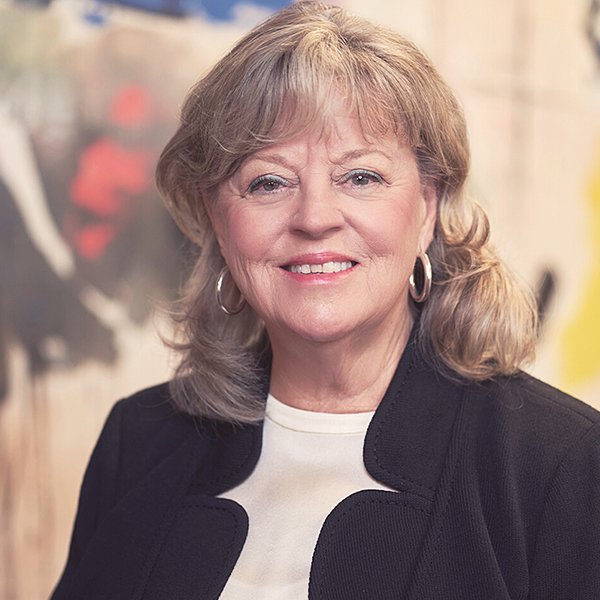Marilyn Allen: United States representative to the World Health Organization
Marilyn Allen has been the United States representative to the World Health Organization (WHO) since 2005 as the Technical Advisory Group (TAG) person. TAG is now a new category of Traditional Medicine Reference Group. She was on the US panel for acupuncture. Now she is on the TAG for Ayurveda. This journey has helped to establish a set of diagnostic codes for Traditional Medicine.
These codes were released in February 2022. At the beginning of this process, WHO said that Traditional Medicine would be the first to have a set of Diagnostic codes and that Acupuncture was opening the door for Complementary medicine.
Traditional medicine includes ayurvedic medicine, acupuncture, chiropractic, herbal medicines, homeopathy, indigenous traditional medicine, naturopathy, osteopathy, traditional chinese medicine, and unani medicine. Historically, traditional medicine hasn’t been coded at all. Statistically 80% of the world’s population uses some form of traditional medicine.
There were 54 codes in 1854 compared with hundreds of diseases, conditions, signs, and symptoms now.
Ayurveda includes morbidity (proportion of sickness or a specific disease in a geographical locality), but not mortality. From the beginning, WHO tallied numbers in mortality and morbidity.
Marilyn has been called the “Global Advocate of Traditional Medicine” by a WHO colleague. She has met with the Ministers of Health from India, Sri Lanka, Napal, Malaysia, Bangladesh, China, Hong Kong, and South Korea starting in 2002. Now 173 countries are members of WHO.
163 acupuncture points have been coded. The US has the largest end-users.
The Biomedical Informatics Department of Stanford University in California has built the databases. This is an extremely exciting time for Ayurveda and the new diagnostic codes for this medicine. Such important protocols need to take their rightful place for the entire world.
Call to Action
In 2024, an important task for CAAM members is to learn how to engage with state and federal legislators to acquaint them with the definitions of traditional medicine. The legislators need to know what Ayurvedic practitioners can do. This affects all of us as practitioners since we must have codes to communicate with insurance companies. Also, when we have patients and need to exchange information with western medicine doctors to collaborate and to heal the individual together. We need to impress upon the legislators that Ayurveda is a medical profession in California for today and future generations of practitioners and patients.

